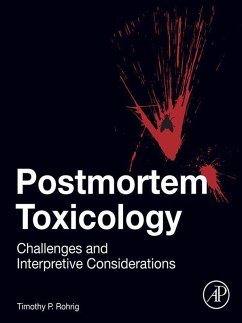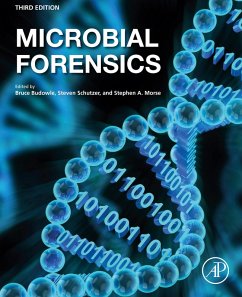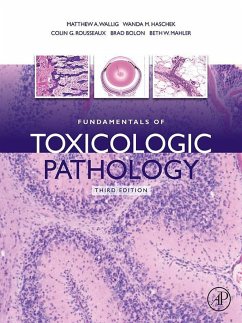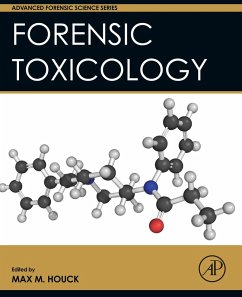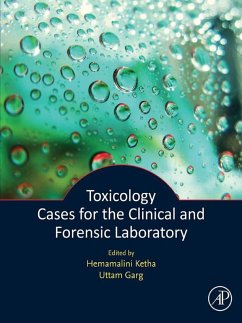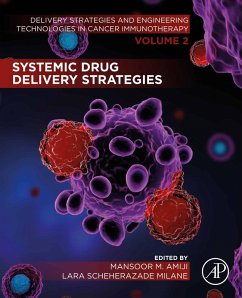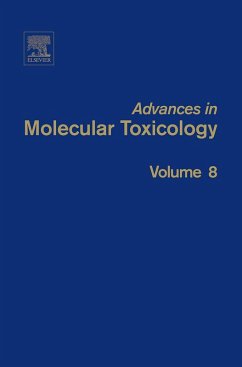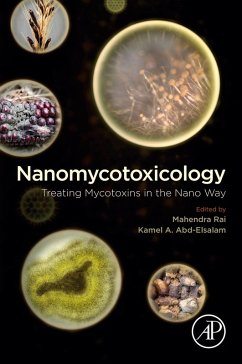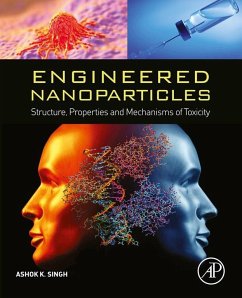
Forensic Toxicology (eBook, ePUB)
Principles and Concepts
Versandkostenfrei!
Sofort per Download lieferbar
59,95 €
inkl. MwSt.
Weitere Ausgaben:

PAYBACK Punkte
30 °P sammeln!
**Selected for Doody's Core Titles® 2024 in Toxicology**The second edition of Forensic Toxicology: Principles and Concepts takes the reader back to the origins of forensic toxicology providing an overview of the largely unchanging principles of the discipline. The text focuses on the major tenets in forensic toxicology, including an introduction to the discipline, principles of forensic toxicology including pharmacokinetics, pharmacodynamics, drug interactions and toxicogenomics, fundamentals of forensic toxicology analysis, types of interpretations based on analytical forensic toxicology res...
**Selected for Doody's Core Titles® 2024 in Toxicology**The second edition of Forensic Toxicology: Principles and Concepts takes the reader back to the origins of forensic toxicology providing an overview of the largely unchanging principles of the discipline. The text focuses on the major tenets in forensic toxicology, including an introduction to the discipline, principles of forensic toxicology including pharmacokinetics, pharmacodynamics, drug interactions and toxicogenomics, fundamentals of forensic toxicology analysis, types of interpretations based on analytical forensic toxicology results, and reporting from the laboratory to the courtroom. Also included in the second edition is a Unit focused on the forensic toxicology of individual drugs of abuse. - Includes significant emphasis on the fundamental principles and concepts of forensic toxicology - Provides students with an introduction to the core tenets of the discipline, focusing on the concepts, strategies, and methodologies utilized by professionals in the field - Coauthored by a forensic toxicologist with over 40 years of experience as a professor who has taught graduate courses in forensic and analytical toxicology and who has served as a consultant and expert witness in civil and criminal cases
Dieser Download kann aus rechtlichen Gründen nur mit Rechnungsadresse in A, B, BG, CY, CZ, D, DK, EW, E, FIN, F, GR, HR, H, IRL, I, LT, L, LR, M, NL, PL, P, R, S, SLO, SK ausgeliefert werden.




